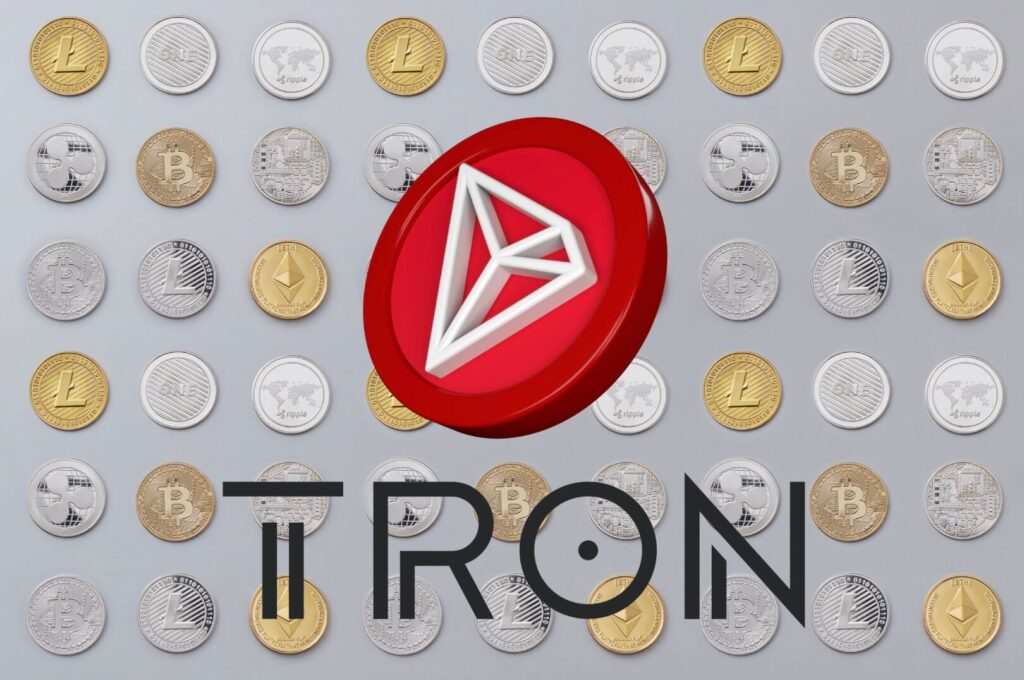Investors are increasingly interested in exploring opportunities beyond traditional investments like stocks and bonds. The pursuit of more attractive returns and risk diversification has led to a growing interest in alternative investments, including real estate, commodities, and cryptocurrencies. These options can be highly valuable as complements to traditional investments.
Real Estate: Building a Tangible Portfolio Real estate has long been a popular option for portfolio diversification. Investing in commercial or residential properties not only offers potential capital appreciation but also recurring income through rentals. According to historical data, the average annual return on real estate investments can range between 6% and 8%, though it depends on various factors such as geographic location, country taxation, and the macroeconomic situation. Direct investment in properties can be challenging for some investors due to high initial costs and ongoing management. However, Real Estate Investment Trusts (REITs) provide an accessible alternative, allowing investors to participate in the real estate market without owning physical properties.

Commodities: Commodities like gold, silver, and oil have historically been considered safe havens in times of economic uncertainty. Investing in commodities can offer effective hedging against inflation, as prices tend to rise when the currency loses value. The annual return of commodities has varied, with gold showing an average performance of 9% over the last decade. There are various options for investing in commodities, catering to different investor profiles. For those interested in physical ownership, acquiring precious metals like gold and silver in the form of bars or coins is an option. However, for a more liquid investment, investors can opt for commodity mutual funds (ETFs), which track the performance of specific indices. Futures contracts are another alternative, allowing speculation on the future price of a commodity without physically owning the asset. It is crucial for investors to carefully assess their goals and risk tolerance before choosing the most suitable option for their portfolio.

Cryptocurrencies: They offer a decentralized and technologically advanced approach to value exchange. Known for their volatility, cryptocurrencies have also proven to be lucrative investments for those willing to take risks. The annual return of cryptocurrencies has been exceptionally variable, with cases of returns exceeding 1000% in some years but also periods of significant corrections. The underlying blockchain technology, ensuring security and transparency, is attracting the attention of institutional and corporate investors. By adding cryptocurrencies to a portfolio, investors can benefit from their growth potential and diversify risks, considering that on certain blockchains like Tron, there are multiple options for generating additional passive income such as staking or selling resources.

Combining traditional investments with real estate, commodities, and cryptocurrencies can be an effective strategy for managing risks and leveraging diverse sources of returns.”











